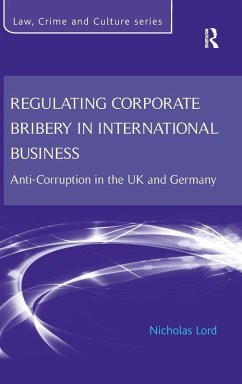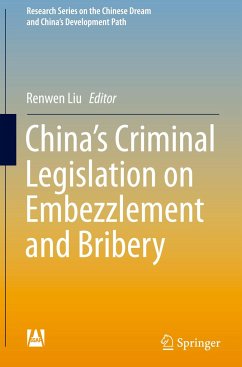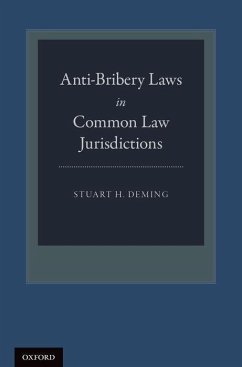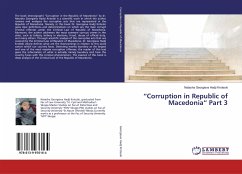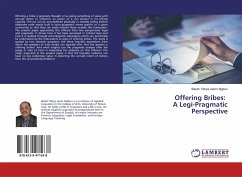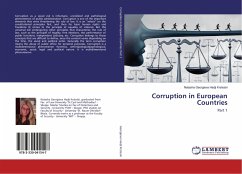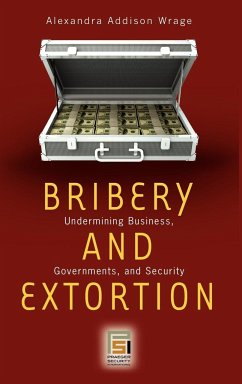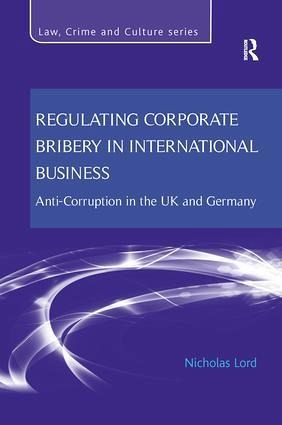
Regulating Corporate Bribery in International Business
Anti-corruption in the UK and Germany
Versandkostenfrei!
Versandfertig in 1-2 Wochen
69,99 €
inkl. MwSt.
Weitere Ausgaben:

PAYBACK Punkte
35 °P sammeln!
This book is about the regulation of corporations that use bribery in international commerce to win or maintain overseas business contracts and interests. Recent large-scale cases involving multinational corporations demonstrate how large commercial 'non-criminal' enterprises are being implicated in substantive overseas bribery scandals and illustrate the difficulties faced by responsible enforcement authorities in the UK and Germany. The book imports concepts from regulation theory to aid our understanding of the emerging enforcement, self-regulatory and hybrid responses to transnational corp...
This book is about the regulation of corporations that use bribery in international commerce to win or maintain overseas business contracts and interests. Recent large-scale cases involving multinational corporations demonstrate how large commercial 'non-criminal' enterprises are being implicated in substantive overseas bribery scandals and illustrate the difficulties faced by responsible enforcement authorities in the UK and Germany. The book imports concepts from regulation theory to aid our understanding of the emerging enforcement, self-regulatory and hybrid responses to transnational corporate bribery. Lord implements a qualitative, comparative research strategy involving semi-structured interviews, participant observation and document analysis to provide empirical insights into this relatively invisible area of criminological interest. Despite significant cultural differences between the jurisdictions, this book argues that UK and German anti-corruption authorities face procedural, evidential, legal, financial and structural difficulties that are leading to convergence in prosecution policies. Although self-regulatory and hybrid mechanisms are aiding the response and gaining some level of regulation, the default position is one of accommodation by state agencies, even where the will to enforce the law is high. This book is essential reading for academics and students researching corporate and white-collar crimes and the concept of regulation more generally, as well as law enforcement agencies and international and intergovernmental organisations concerned with anti-corruption.





